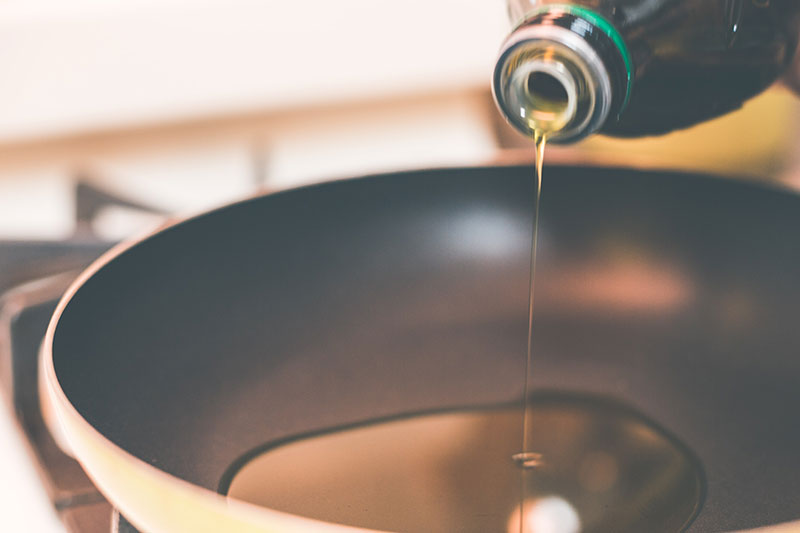After being appropriately handled, used cooking oil can be found in a number of consumer goods. This spent cooking oil can be converted into biofuel, ingredients for animal feed, or a range of everyday household or industrial products like solvents, paints, cleansers, plastics, lotions, tires, and other commodities. If managed properly, used cooking oil (WCO) has the potential to be a lucrative secondary raw resource. On the other hand, unregulated disposal has negative financial and environmental effects. Therefore, it is crucial to raise the WCO recovery rate through human involvement and the deployment of efficient collection processes. The study’s objectives were to identify the causes of the poor recovery of WCO in areas with serious waste management problems, such as the Campania region in southern Italy, and to make suggestions for improvement.
For this reason, a WCO collecting program used in Angri, a town of around 34,000 people with a high population density, was examined. In 2015, the collection program was managed by a social cooperative; however, in 2016, following a change in local government administration, the collection of WCO was handed over to a commercial enterprise. In order to ascertain whether or not residences were taking part in the collecting program, a survey was carried out in 2015. 53 percent of survey respondents who used WCO for data collection, according to the findings. A sample of people who did not collect WCO revealed that 66% of them mishandled disposal of WCO in their own houses (kitchen or toilet). their most frequent cause of failure disinformation made it difficult for people to follow the collection program.
This resource is underutilized in modern civilization and is mostly sourced from the home and commercial sectors in huge numbers. In fact, it is a renewable resource that can be recycled to make fuel oils and biobased products, which may then be utilized in a number of applications to replace petroleum-based mineral oils. On the other hand, the expense of gathering, shipping, and processing it prevents it from being used as a chemical and energy source (e.g., purification).
In order to encourage WCO recycling and ensure food security by preventing it from reentering the food chain, the Environmental Protection Agency (EPA) of Taiwan has formally listed WCO as one of the required recyclable resources in municipal solid waste (MSW) under the 4-in-1 Recycling Program since 2015. The amount of WCO gathered from Taiwan’s residential and commercial sectors has increased significantly from 1599 tonnes in 2015 to 12,591 tonnes in 2016, according to the online reporting database. Currently, domestic licensed recyclers process and use roughly two-thirds of the collected WCO as
- energy sources e.g., biodiesel, fuel oil
- chemical sources e.g.,
- pesticides e.g., soap, stearic acid.
The remaining WCO was immediately transported to other nations for use in producing biodiesel or other available reuses. In light of clogging and blockage of the fuel tank and filter, the Taiwanese government has temporarily prohibited the selling of biodiesel blends (B2) for use in trucks and buses since May 2014.
In Taiwan and other nations or regions, biodiesel production is one of the best ways to use used cooking oil, but other energy uses, like those in industrial boilers and municipal solid waste incinerators, are also possible without raising issues with the release of air pollutants into the environment. WCO can be used to make a range of biobased products, including soap, stearic acid, and lubricants, in addition to non-fuel applications. In order to increase public knowledge of the environment, it has been advised that information and environmental education programs be sponsored. Unfortunately, the change in management, coupled with significant issues with municipal waste collection throughout the entire region as a result of the ongoing closures of the mechanical and biological plants, led to a sharp decline in collection from 7730 kg in 2015 to an average of 3800 kg for the period of 2016–2019, resulting in a loss of more than 15,000 kg of WCO that was improperly disposed of and having detrimental environmental effects for the area. Because of this, initiatives for education and awareness are crucial, but the way in which the collection service is contracted is also crucial, especially in areas with persistent waste management problems.
In order to achieve the goals of zero municipal solid waste disposal and a circular economy, the repurposing of waste combustion products as energy and material sources will amount to productive urban mining.

